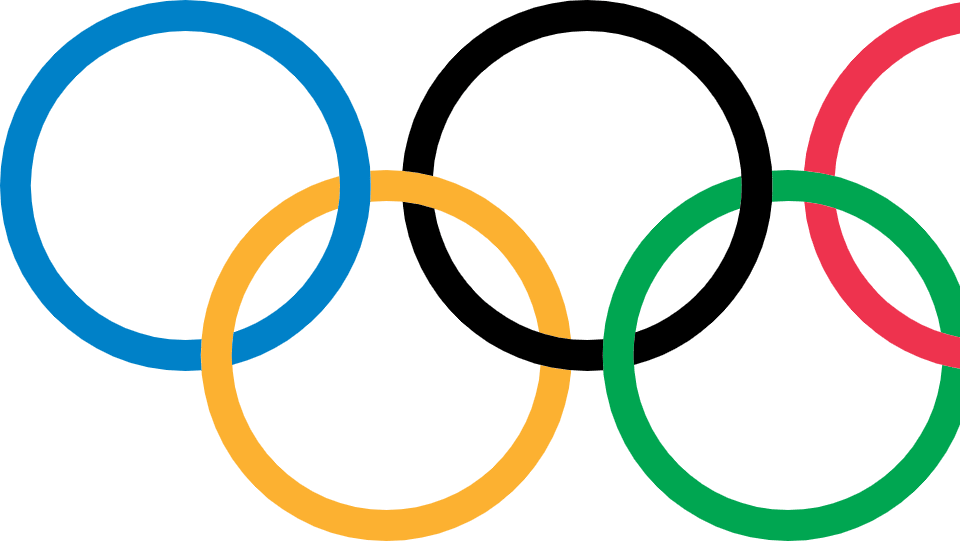Rio 2016 puts legacy at heart of Games planning
As the countdown to the Rio 2016 Olympic Games continues, the Organising Committee has underlined its commitment to ensure the Games leave a lasting legacy for the host city and Brazilian society as a whole.

Speaking on the day that Rio marked two years to go until the start of the Games, Organising Committee President Carlos Nuzman said: “The Games will leave a huge legacy for both Rio and Brazil, and are starting to take shape. No other host city will have had such big transformational benefits from the Games as Rio.”
Among the projects that have been accelerated by the Rio 2016 Olympic Games are 27 government initiatives in the areas of infrastructure, the environment and social improvement. The projects include the revitalisation of Rio de Janeiro's historic port area, the extension of the metro system and the creation of a light rail transit (LRT) service in the city centre.
The projects - which also include sanitation improvements, anti-flood measures and the construction of educational and sports facilities – look set to provide lasting legacies for Rio, long after the 2016 Games have finished.
Many of the sporting venues built for the Games will also remain in use following the conclusion of Rio 2016, including the Olympic Park’s three sports halls, the Maria Lenk Aquatic Centre, the Rio Olympic Velodrome and the Olympic Tennis Centre, which will all form Brazil’s first Olympic Training Centre (OTC), aimed at high-performance athletes.
Thanks to an innovative technique called ‘nomadic architecture’, meanwhile, the fourth Olympic Hall – which will host handball matches during the Games – will be transformed into four public schools, each with a 500-student capacity.
“Converting the Rio 2016 handball arena into four schools after the Games is an excellent example of Rio’s commitment to ensuring the 2016 Games leave tangible benefits for the local community,” explains Nuzman. “The nomadic architecture concept defined by our government partners is a first for the Games and we are proud that 2,000 Brazilian schoolchildren will benefit from it for many years to come.”
With so many initiatives in place, IOC Coordination Commission Chair Nawal El Moutawakel has been impressed by Rio 2016’s commitment to securing a lasting legacy from the Games.
“When we award the Games to a city, our work is not just to look at the preparations for the Games themselves but also to look at their legacy and to help the city and country to maximise the benefits of being an Olympic host,” she said after the Coordination Commission’s fifth visit to Rio in September 2013.
Games legacies were also at the forefront of discussions when IOC President Thomas Bach met with Brazilian President Dilma Rousseff in July 2014, as they spoke about the positive social, economic and sporting legacies that the 2016 Games will deliver.
“I was pleased to hear the confidence President Rousseff has in the Games and what they will deliver, and it was good to hear that the Games and their legacy will be a top priority,” said President Bach. “The IOC will contribute USD 1.5 billion to the Games, which will leave a huge sporting, economic and social legacy.”